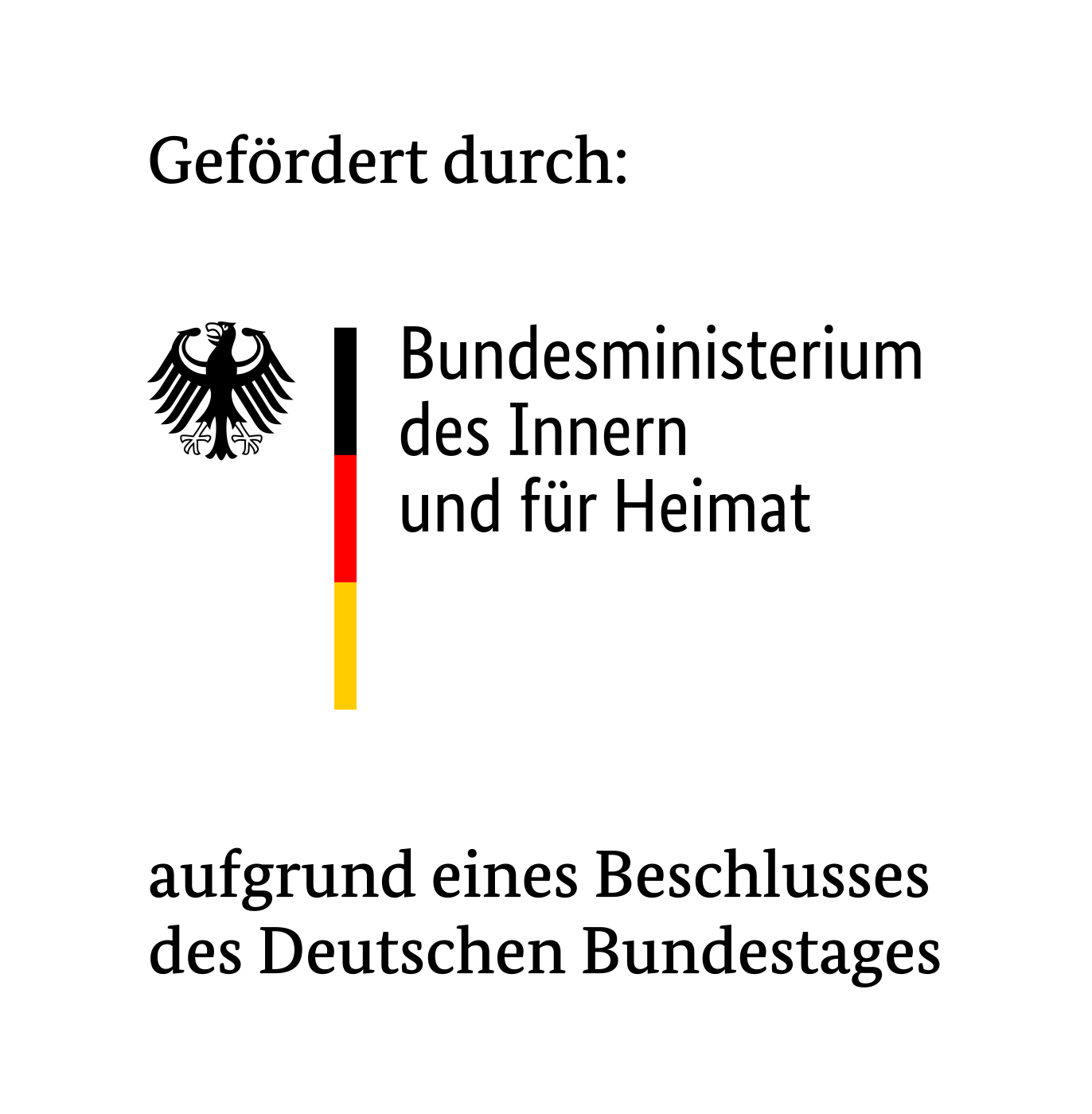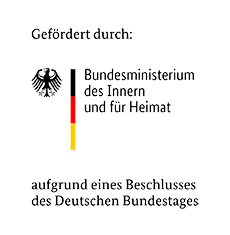
Minorities without a mother state come together in Spreewald/Błota
What do the ethnic groups of the Lemkos, Sorbs and Frisians, the Ladins, Pomaks and Meskhetian Turks have in common? Their representatives belong to minorities that have neither their own state nor a neighbouring state in which they form the majority. These minorities therefore face very specific and yet similar challenges when it comes to preserving and maintaining their respective cultures, languages and identities. It is therefore all the more important that they join forces and seek regular dialogue – this takes place in the Non-Kin State Working Group under the umbrella of the Federal Union of European Nationalities (FUEN).
Between 23 and 26 April 2024, the Non-Kin State Working Group will meet for its annual conference – this time with the Lusatian Sorbs in Lübbenau/Lubnjow in Brandenburg. The conference is being organised in cooperation with Domowina - Bund Lausitzer Sorben e.V. / Domowina - Zwjazk Łužiskich Serbow z.t. / Domowina - Zwězk Łužyskich Serbow z.t. As the representative for the interests of the Sorbian/Wendish people, Domowina, which is based in Bautzen/Budyšin and has numerous regional offices throughout Lusatia, is committed to the preservation and development of the language and culture as well as the traditions of the Sorbs.
"We are very grateful that our working group has consolidated so much over the last five years – and that we have been able to develop good programmes for the protection and further development of the work of minorities in Europe," explains the spokesperson of the Non-Kin State Working Group, FUEN Vice-President Bahne Bahnsen. "Europe needs consolidated, well-functioning states, but our continent has more to offer than just nation states. The minorities and old cultures, such as the Basques, Roma, Sinti or Catalans, are an indispensable part of our much-vaunted 'unity in diversity'," says Bahnsen, who himself comes from the ranks of the North Frisians. "We are therefore delighted that we are able to hold this year's annual conference with a recognised and well-organised minority – the Sorbs," he adds.
In addition to the Sorbian hosts, minority representatives from ten different countries are taking part in the meeting in Lübbenau/Lubnjow: be it the Pomaks from Bulgaria, the Yenish from Switzerland, the West Frisians from the Netherlands, the North and Sater Frisians from Germany, the Ladins from Italy, the Meskhetian Turks from Russia and Azerbaijan, the Bretons from France, the Aromanians from Albania or the Ruthenians from Hungary – they will all find their way to Lower Lusatia.
Over the course of the four-day event, the 30 or so participants and guests will have the opportunity to get to know the Lusatian Sorbs, their language, organisations and culture, but also to talk to each other. This year's working sessions, which will be packed with specialist presentations, will focus on structural change in Lusatia and the topic of "Tourism as an opportunity for the minority".
The invited speakers from the fields of science, education, culture and politics as well as from the tourism industry will provide a wide range of insights into current developments and present innovative projects in their presentations. Bahne Bahnsen is certain that innovative strength is also of central importance for the future of minorities: "Because we minorities also have to adapt our culture and language development to new technologies, such as artificial intelligence," he emphasises.
Another focus of the conference is on the country reports, in which the participants report on current and relevant topics in their organisations. The question of how minorities without a mother state can not only preserve their respective cultures and languages, but also develop them, is always at the forefront of the various programme items.
You can follow the programme of the conference on FUEN's social media channels.
Background: The FUEN Non-Kin State Working Group
The Non-Kin State Working Group was established by FUEN in 2017 to give minorities without a mother state the opportunity to discuss their specific concerns and challenges, find solutions and develop joint strategies for the preservation of their small languages and cultures. It currently comprises 40 organisations from 17 different countries.

Title photo: Herbert Aust/pixabay.com


